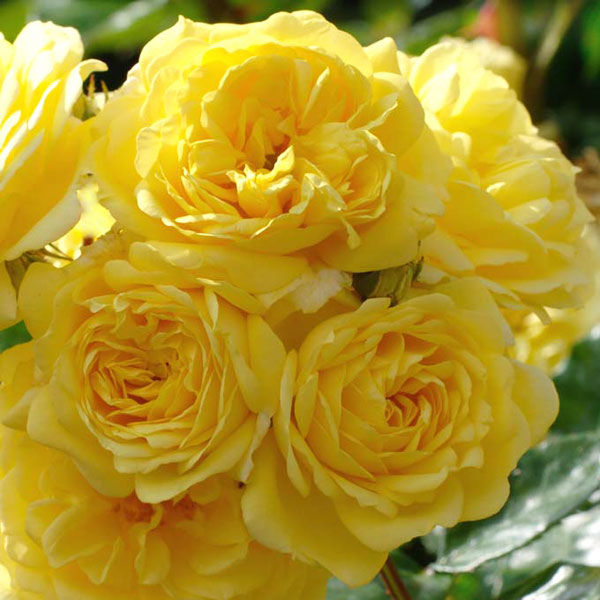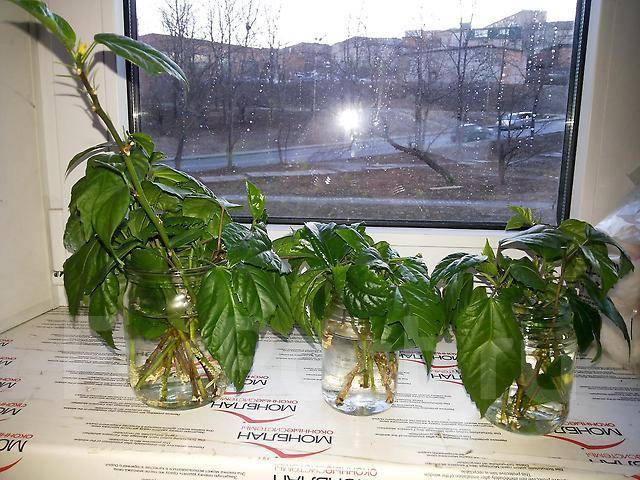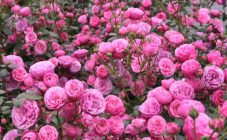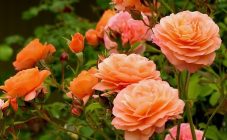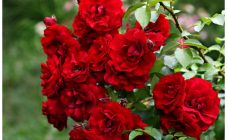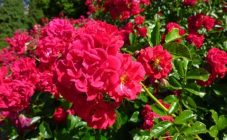Among gardeners, there is an opinion that roses are extremely capricious flowers. However, there are varieties that even a beginner can grow. For example, the graceful and romantic rose of Annie Duprey. She feels good in the conditions of central Russia and does not cause trouble for the owner.
About culture
Roses are a separate genus of the Rosaceae family, which unites more than 350 species and 25 thousand varieties. For many centuries in a row, people admire their beauty. Modern varieties are distinguished by excellent color of flowers, large buds and unpretentiousness.
Rosa Anny Duperey is a young variety, bred only in 2006. But she has already won the love of many gardeners thanks to her bright colors and "livable" character. The plant was bred by French breeders of Meilland International. Named after the actress and writer Annie Dupre. Other names can be found in foreign catalogs - Meitongas, Yellow Meilove.
Variety characteristics
Anny Duperey rose belongs to scrubs. This group includes the most decorative rose hips and garden forms obtained from them.
Botanical Description:
- sprawling bush, 80 to 110 cm high and about the same size in girth;
- leaves are rich green, glossy;
- roses are yellow, with a golden or lemon tint, densely double, dense;
- bud diameter - 8-9 cm, collected in a brush of 3-5 pieces;
- citrus aroma.
The plant tolerates frosts well down to -23 ° C. However, for the winter it is still better to cover it, especially in areas with a harsh climate.
Rosa Annie Duprey is used to create compositions in vintage style. It is great for people who want to add French charm and elegance to their garden.
Growing features
The landing site is chosen in partial shade. Full sun exposure shortens flowering times and increases the risk of burns. It is better to refuse swampy and low-lying areas. Here roses often get sick and grow worse.
Clay soil is pre-cultivated by the introduction of organic fertilizers. Sandstone does not retain moisture and is very hot in the sun. They are flavored with humus or compost, a small amount of clay.
Annie Dupre's rose care is standard. She needs:
- watering;
- loosening;
- weeding.
In the second year after planting, the plant begins to feed:
- in the spring after removing the shelter;
- during budding;
- after flowering.
For this, both organic and mineral fertilizers are used.
Roses are covered for the winter. With the onset of stable cold weather, the branches are carefully bent to the ground. Spruce branches are placed under them, covered with sawdust on top or wrapped in non-woven material.
To preserve varietal qualities, plants are propagated by cuttings. Planting material is harvested from the middle of the branch. Use shoots that have already become woody, but have not yet finished growing. The cuttings are treated with a rooting stimulator and placed in a nutrient substrate for rooting.
Advantages and disadvantages
Annie Duprey's rose can be called universal.It looks harmonious both in the garden and in a bouquet. She fell in love with gardeners due to its many advantages:
- resistance to powdery mildew and black spot;
- slight burnout in the sun;
- re-flowering;
- winter hardiness;
- unpretentious care.
Gardeners have identified the only negative - roses have a weak resistance to rain. At this time, it is better to hide the flower under cover, otherwise the buds may not open.
Rosa Annie Duprei is an excellent variety for decorating a personal plot. It is used in single plantings, curbs, mixborders, mixed groups. It blooms profusely throughout the summer, does not get sick and does not require specific care.
